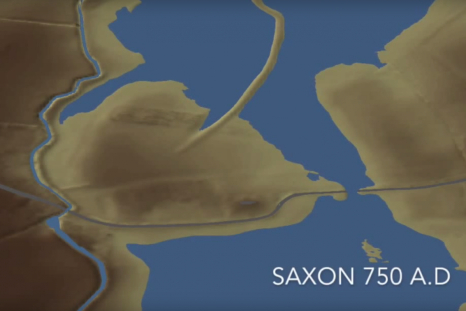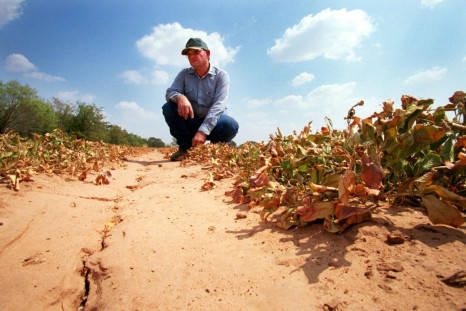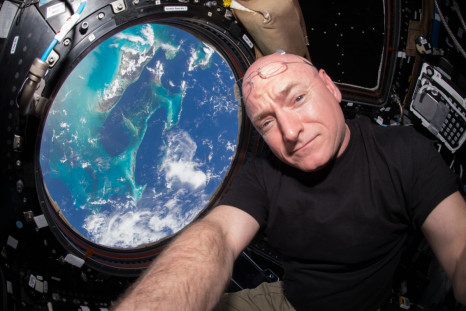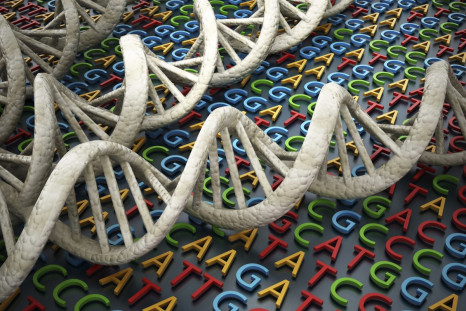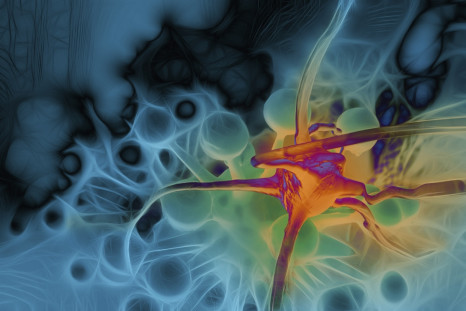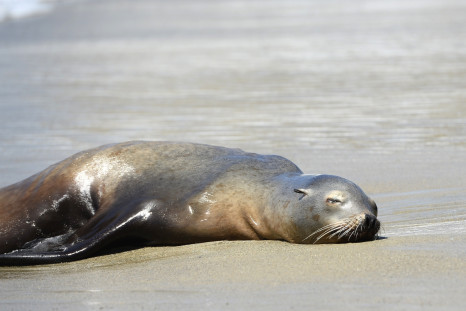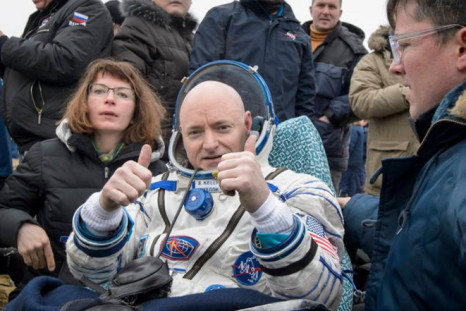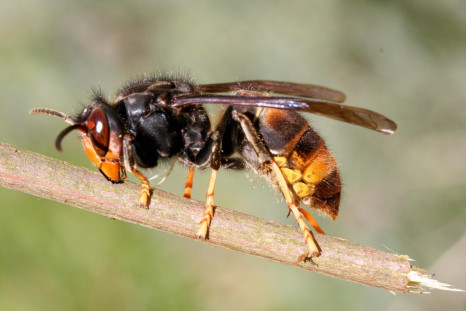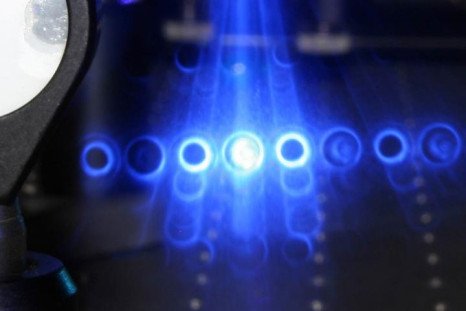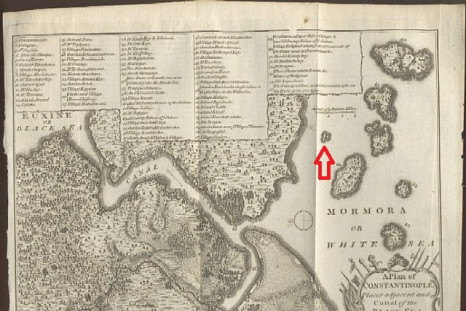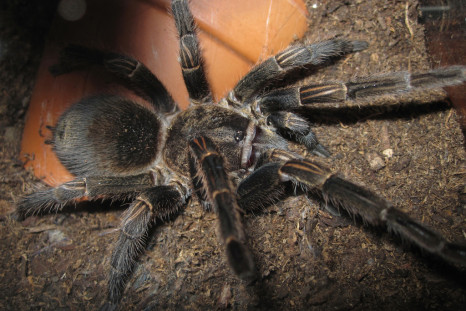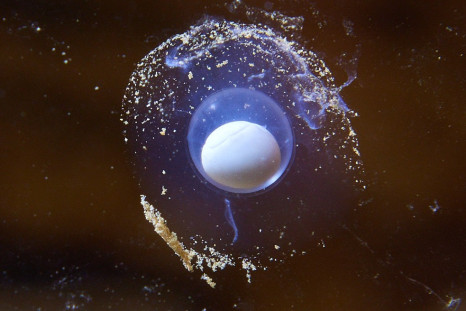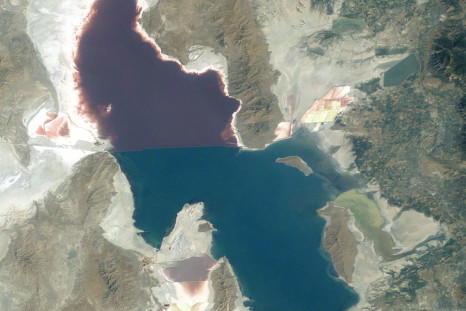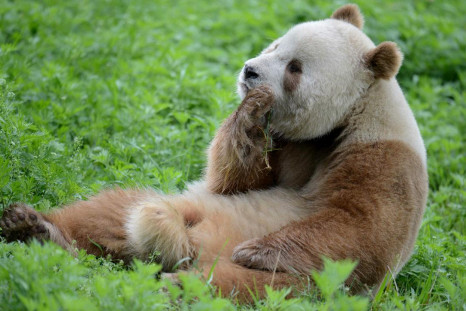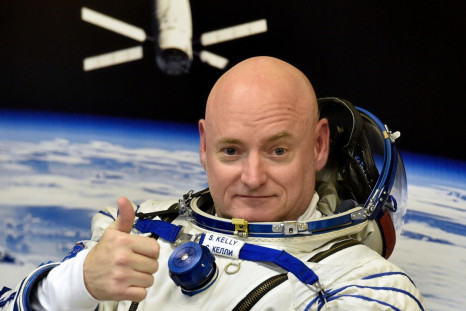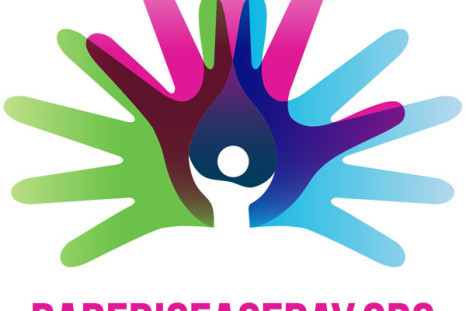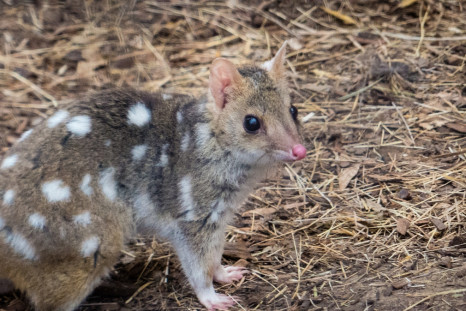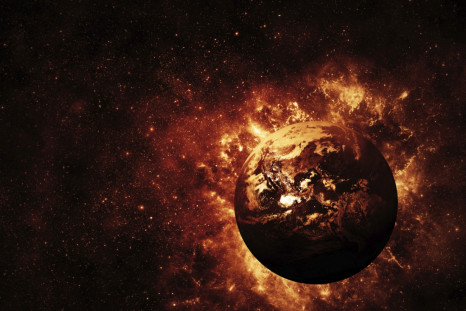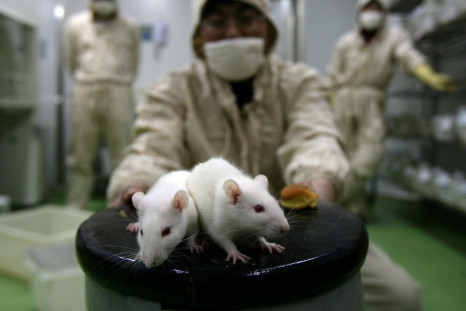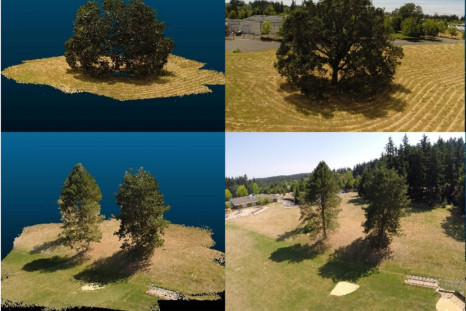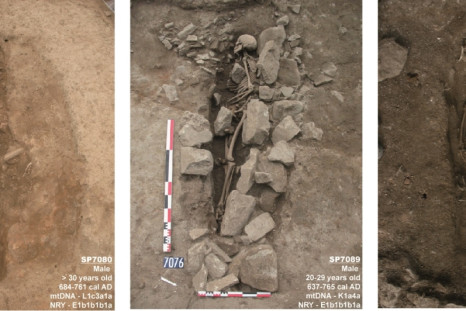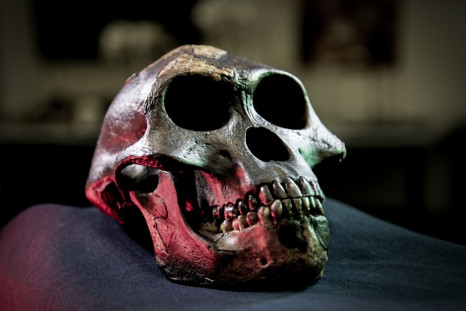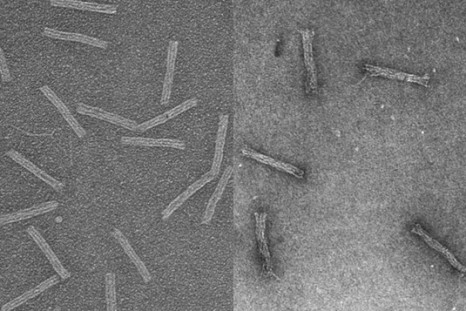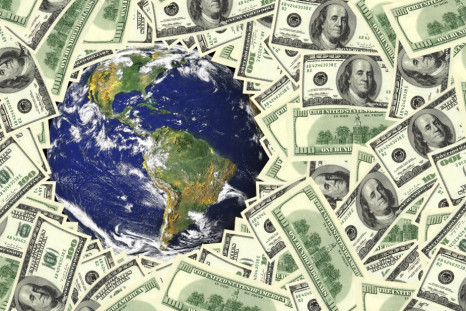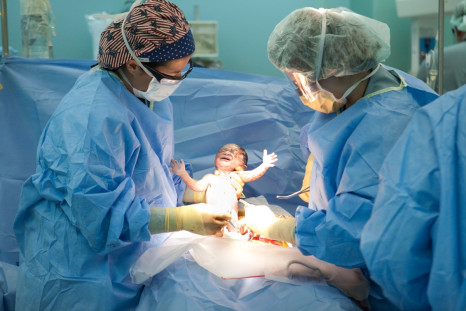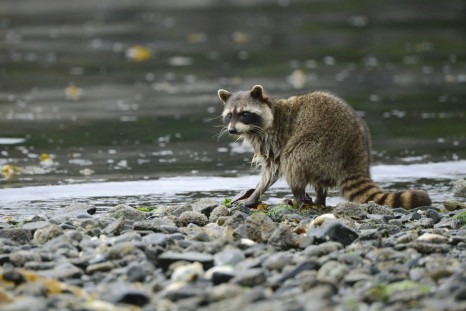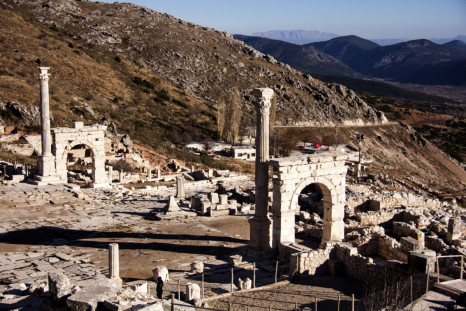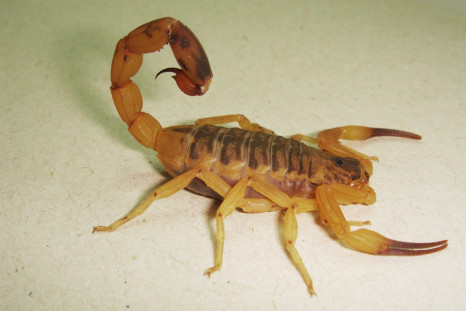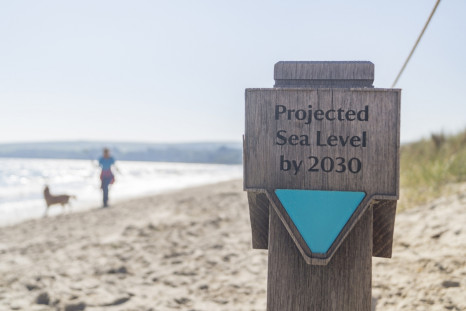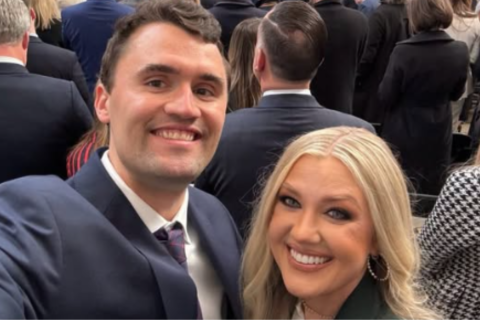More From Matt Atherton
Ancient Anglo-Saxon island discovered in middle of Lincolnshire field
Discovery of Anglo-Saxon relics led archaeologists to uncover a 7th Century settlement in Lincolnshire.
Mar 03, 2016
X(5568): New particle 'tetraquark' sheds light on Big Bang and early universe
New particle discovered in the Fermilab is made up of four quarks - the first of its kind.
Mar 03, 2016
Climate change: 500,000 people face death in 2050 from malnutrition
Study shows half a million people are at risk of malnutrition and death as climate change will take control.
Mar 02, 2016
Scott Kelly Year in Space: 16 out of this world photos of Nasa astronaut's mission on the ISS
Scott Kelly carried out experiments on the International Space Station, all to help Nasa put man on Mars.
Mar 02, 2016
What is CRISPR and should we be using it to change embryos?
The genome-editing tool, known as CRISPR (Clustered Regularly-Interspaced Short Palindromic Repeats), is undoubtedly a revolution to science.
Mar 02, 2016
Immunotherapy: British woman Kelly Potter becomes first to trial tumour-destroying cancer vaccine
Potter is just one of two patients to trial a vaccine that lets the immune system attack the tumour cells.
Mar 02, 2016
California: Thousands of sea lions starving to death as population boom drives food shortage
Californian sea lion weights have dropped by an average of 7kg since 2004 as their population soars.
Mar 02, 2016
Scott Kelly returns to Earth: Nasa astronaut lands successfully after year in space on the ISS
Astronaut Scott Kelly successfully returned home in the early hours Wednesday 2 March.
Mar 02, 2016
Asian 'killer' hornets heading to UK via France expected to slaughter hundreds of wild bees
The species, which lay eggs from April and swell to 6,000, could enter the UK via the English Channel.
Mar 01, 2016
Quantum entanglement: Three twisted light particles uncover a new generation of superfast computers
Corkscrewed photons create three-way quantum entanglement, suggesting superfast computers can now be believed.
Mar 01, 2016
Turkey: Lost ancient island of Vordonisi to be revealed 1,000 years after being submerged by earthquake
Vordonisi Island was submerged under the Marmara Sea by a major earthquake Istanbul in the year 1010.
Mar 01, 2016
Toxic Peruvian tarantula venom has potential to be used as a strong painkiller for chronic pain
Painkillers could be engineered from a peptide in the venom, ProTx-II, to target pain receptors in the brain.
Feb 29, 2016
Olm eggs: Scientists await once-in-a-decade hatching of 'little dragons' at Postojna Cave
World waits for hatching after aquatic salamander, which can live for 100 years, lays 55 eggs at popular tourist site
Feb 29, 2016
Utah: Great Salt Lake has shrunk 48% since 1847 and scientists fear it will disappear
Water conservation in Utah is not preventing Great Salt Lake from diminishing, as surface level drops 11 feet.
Feb 29, 2016
China: World's last known brown panda Qi Zai still standing after surviving harsh -30C winter
Panda managed to fend for himself this winter in Shaanxi Province, munching through 50kg of bamboo every day.
Feb 29, 2016
Scott Kelly Year in Space: What happens to an astronaut's body while in orbit
Astronauts can expect a number of physical changes to their body when working on ISS.
Feb 27, 2016
Rare Disease Day 2016: 10 of the rarest conditions in the world
IBTimes UK describes some of the least common diseases ever recorded.
Feb 27, 2016
Australia: 'Extinct' eastern quoll discovered in NSW in first sighting for 53 years
The marsupial had not been seen since 1989 but a roadkill discovery means there could still be more out there.
Feb 26, 2016
Relax, the universe won't destroy itself for at least another 2.8 billion years
Should the cosmos be obliterated by dark matter, it's nearing the half-way mark in its lifetime, scientists say
Feb 26, 2016
Infertility treatment breakthrough: Sperm made from stem cells in lab produce offspring
Sperm made from mice stem cells have been grown in a laboratory and used to produce fertile offspring.
Feb 25, 2016
World's most realistic 'cyberforest' lets experts peer into future to study climate change
Researchers used drones to create exact copies of trees and added climate scenarios to show its impact.
Feb 25, 2016
Earliest 7th century Muslim graves discovered in south of France
Three skeletal remains were discovered pointing toward Mecca, and had lineage to North Africa.
Feb 24, 2016
Why we have smaller molars than our ancestors discovered: Baby teeth
Tiny changes in the molars of milk teeth have had a huge impact on the size and shape of teeth in humans.
Feb 24, 2016
Modified 'ninja' DNA used to kill drug-resistant cancers in Trojan Horse-style attack
DNA capsules have infiltrated leukaemia cells that are resistant to drugs, killing them in 15 hours.
Feb 24, 2016
Climate change will dictate which parts of the world are richest and poorest
Natural amenities are changing to coincide with global warming say researchers.
Feb 24, 2016
Vaginal seeding: The bizarre practice of smearing vaginal fluids on C-section babies
Controversial ritual recreates the birth canal and all its bacteria to kick-start babies' immune system.
Feb 23, 2016
A hint of fear is the key to conservation, say researchers
Killing off top predators creates an unsustainable banquet for rest of food chain, study found
Feb 23, 2016
Turkey: Ancient city of Sagalassos saw mystery exodus of 90% of population in 13th century
It was long believed the plague and an earthquake drove people away from Sagalassos, but that is not the case.
Feb 23, 2016
Deadly scorpion sting symptoms could be treated with everyday anti-inflammatories
Indomethacin and celecoxib were used to nullify stings from Brazilian yellow scorpions in mice.
Feb 23, 2016
Between 1900 and 2000 sea level rose by 14cm - more than any of the previous 27 centuries
Climate change is to blame as if anthropogenic CO2 disappeared, sea level would have risen half the amount.
Feb 23, 2016
Pages
- PREV
- 1
- 2
- 3
- 4
- 5
- 6
- 7
- 8
- 9
- NEXT



